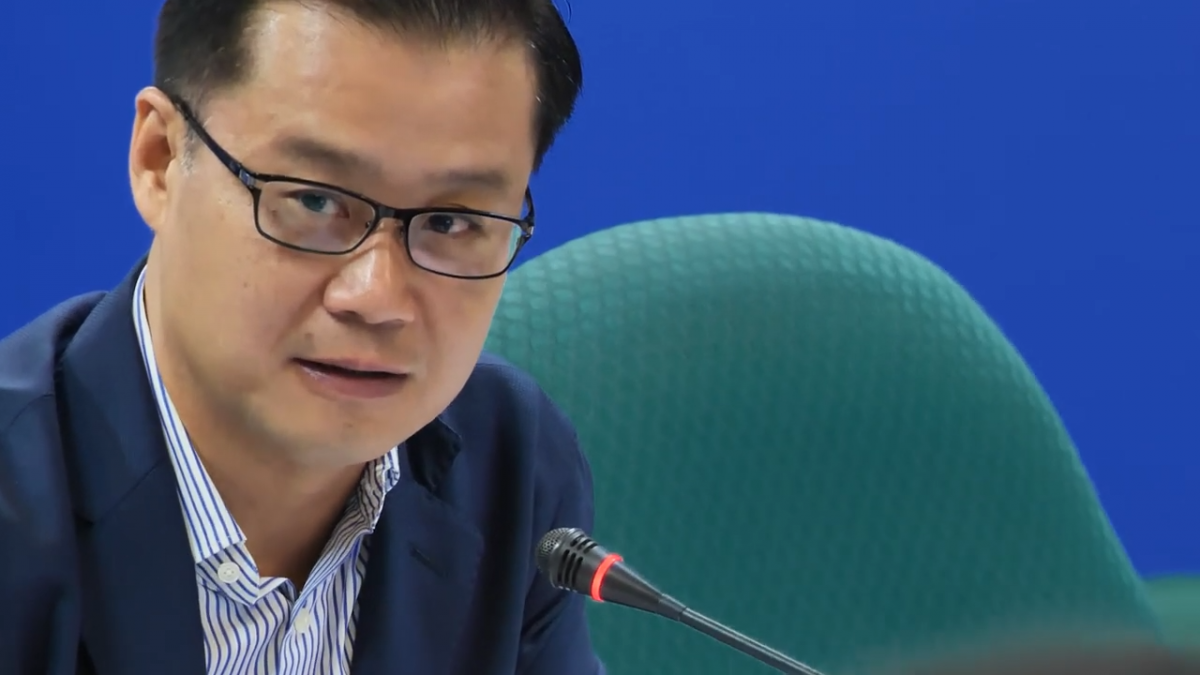What's a good read?
Nearly 19 million Filipino high school graduates from 2019 to 2024 lack basic reading comprehension, according to the latest Functional Literacy, Education, and Mass Media Survey (FLEMMS) by the Philippine Statistics Authority (PSA). This alarming figure represents young Filipinos who, despite completing junior or senior high school, cannot fully understand what they read, a core skill expected at their education level.
The PSA survey, released in early 2025, included a revised definition of functional literacy. While earlier criteria focused on the ability to read, write, and compute, the 2024 update now also requires comprehension of written text. Under the old standard, 79 million Filipinos were functionally literate. But with the new, more stringent measurement, the number dropped to 60 million, revealing that many senior high school graduates lack functional literacy.
Reading Comprehension Gap Widens in Key Regions
Among the regions, Tawi-Tawi recorded the highest rate of functional illiteracy at 67%, followed by Davao Occidental at 53% and Zamboanga del Sur at 49%. These areas reveal deeply rooted issues in education access and quality. While these students may have gone through years of formal education, their inability to grasp meaning from text points to systemic failures in teaching foundational skills.
The issue of reading comprehension is not limited to rural areas. The national scale of the problem suggests that current curricula and teaching methods are not equipping students with the tools they need to read critically and understand everyday written materials. Without this ability, graduates face serious employment, higher education, and civic participation disadvantages.
Senator Sherwin Gatchalian, chair of the Senate Committee on Basic Education, expressed concern that the PSA findings reflect a learning crisis. He emphasized that students lacking reading comprehension will struggle to find jobs and remain impoverished. He also linked this data to the Department of Education’s (DepEd) recent admission of learning losses during the pandemic and beyond.
The DepEd responded to the PSA report by outlining several reforms. These include revising the K to 10 curriculum, rolling out early literacy programs, and expanding the National Learning Recovery Program (ARAL), which targets students who have fallen behind. The department has acknowledged the severity of the issue and promised to prioritize foundational skills in upcoming policy shifts.
Urgent Calls for Education Reform
Education advocates argue that solving this crisis requires more than program revisions. They point out that the government allocates only 3.6% of the country’s GDP to education, well below the internationally recommended minimum of 4%. Many experts and lawmakers call for increased funding to hire qualified teachers, improve school infrastructure, and supply updated learning materials.
They also warn that without immediate intervention, the consequences will affect individuals and the entire economy. Workers who cannot read instructions understand contracts, or process written communication are less likely to succeed in formal employment. This, in turn, limits the country’s productivity and competitiveness.
While the PSA report does not name individual schools or divisions, it sends a clear message: completing school does not guarantee learning. As reading literacy rates continue to fall short of expectations, the national conversation must shift toward keeping children in school and ensuring they understand what they are taught.
The PSA’s findings have reignited debates on accountability within the education sector. Many parents and teachers have voiced frustrations over the lack of reading programs and the pressure to pass students despite poor performance. Others point to the rapid changes in the curriculum over the past decade, which have left both students and educators confused and unprepared.
Unless meaningful steps are taken now, the next generation of Filipino students may face even greater challenges. Reading comprehension is not just a school subject—it is a life skill that determines one’s ability to succeed in a modern society that relies heavily on written communication.

